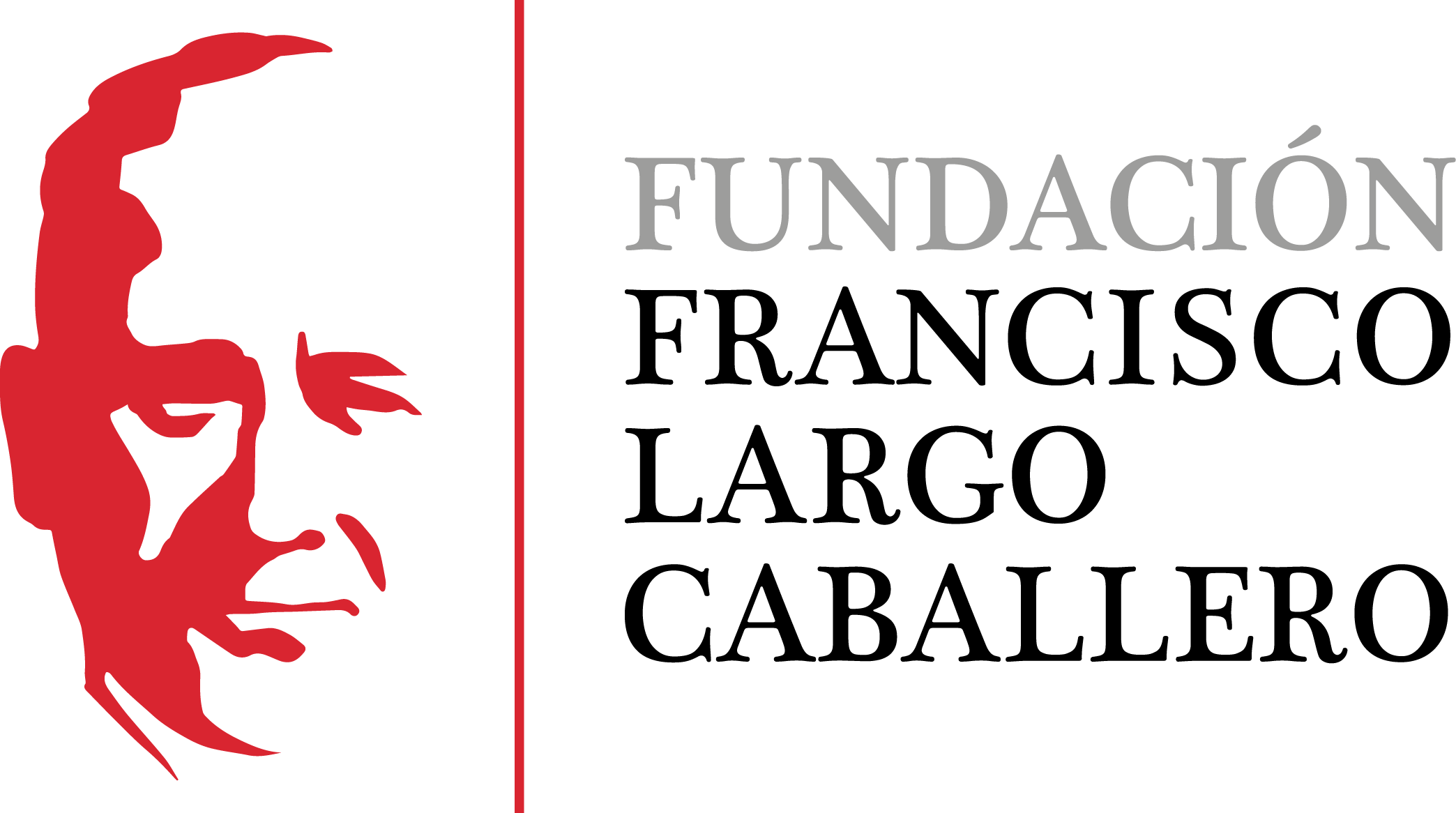Sagasta and Cuba. A Parliamentary approach
From a domestic problem to a foreign conflict
DOI:
https://doi.org/10.69791/rahc.160Keywords:
Sagasta, Cuba, Parliament, Spain, domestic problem, international conflictAbstract
From the moment Columbus arrived in Cuba, which was called «the most beautiful island», it became a crucial point of the Caribbean. After emancipation process of her colonies, Spain was down to the Caribbean islands of Cuba and Puerto Rico in America. Thus was born the so-called Cuban issue, which went on throughout the second half of the 19th century. It was a hot point associated to the Spanish liberal development, which unresolved issues caused the lost of Spanish overseas territories after 1898. This paper presents the ideas Sagasta expressed in parliamentary debates during the second half of the 19th century, along which he was an acclaimed politician (from 1854 until his death in 1903). This approach will allow us to understand his speeches and discourses on different controversial issues in which he was immersed. Those were very diverse subjects ranging from coal contracts to formal treaties with England and its repercussions. Examples of this were also the War of 10 years, Grito de Yara, Zanjón Peace, the Little War, the birth of the Cuban Revolutionary Party of José Martí or the war of 1898 and its subsequent peace. It was an important problem that had begun as a matter of domestic policy and ended up being an international conflict for which the only solution was the loss of the last Spanish colonies. Sagasta himself spoke about an «emaciated» Spain, with a «broken budget». He had to admit his mistakes and political responsibilites, since we were defeated by the powerful machines of our enemies.
Downloads
Global Statistics ℹ️
|
121
Views
|
59
Downloads
|
|
180
Total
|
|
Downloads
Published
How to Cite
Issue
Section
License
Copyright (c) 2012 José Miguel Delgado Idarreta

This work is licensed under a Creative Commons Attribution 4.0 International License.
Alcores is an open-access journal. It provides unrestricted access to its content from the moment of publication. We respect intellectual property rights, and for this reason, the author retains the copyright. All content is distributed under a Creative Commons Attribution 4.0 International (CC BY 4.0) license. The terms of the license can be consulted at: https://creativecommons.org/licenses/by/4.0/
This license allows sharing (copying and redistributing the material in any medium or format) and adapting (remixing, transforming, and building upon the material for any purpose), provided that authorship and first publication in this journal are properly credited, a link to the license is included, and any changes made are indicated.
This type of license facilitates the freedom of reuse and ensures that the content of this journal can be used to meet research needs.





